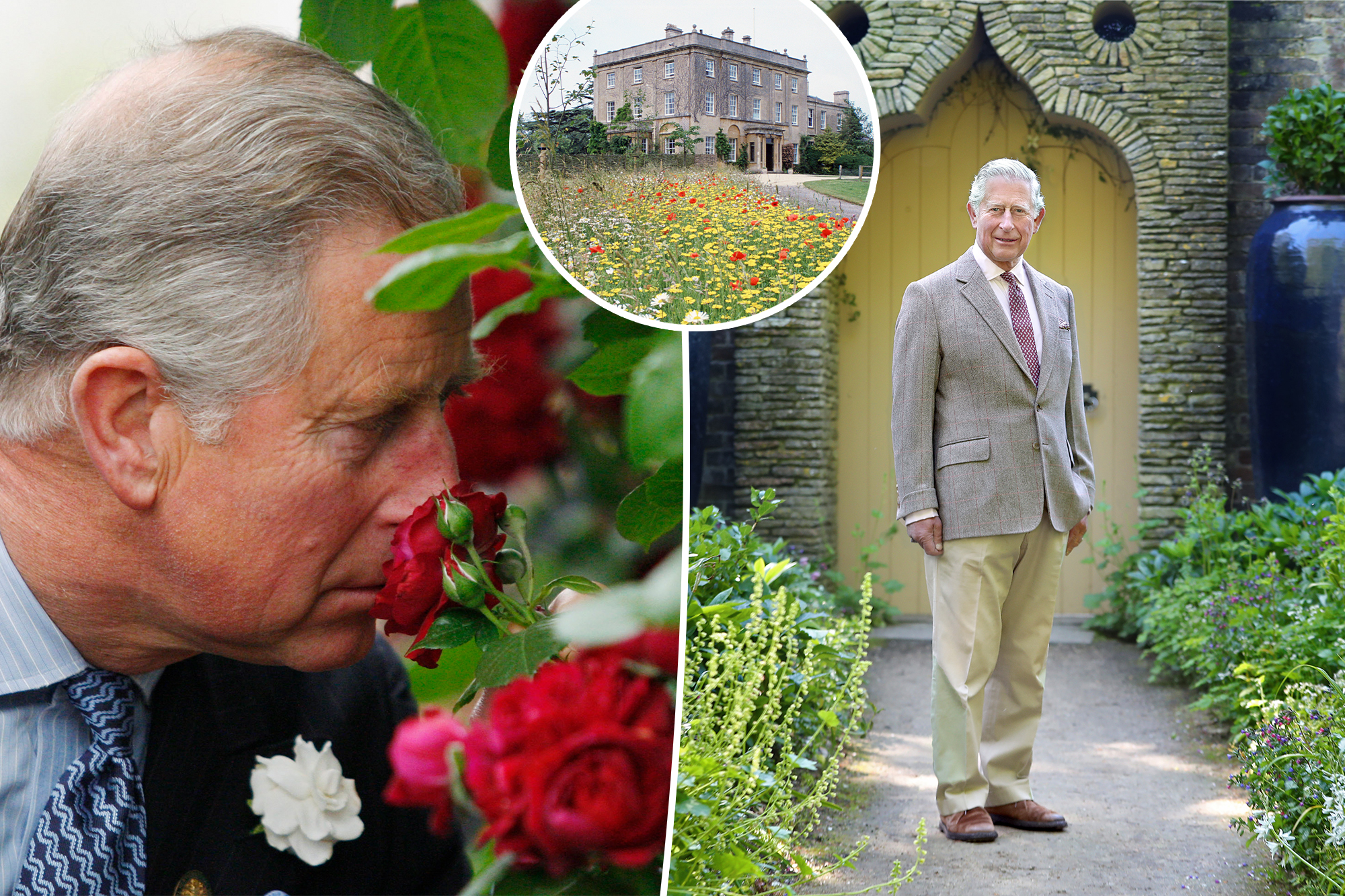King Charles Faces 11 Gardeners Quitting Highgrove Over Pay and Workload Demands

A Growing Crisis at King Charles’s Highgrove Estate
A significant upheaval has taken place at King Charles’s Highgrove estate, where 11 out of 12 full-time gardeners have resigned in the past year. This mass exodus has raised serious concerns about the working conditions and management practices at one of the monarch’s most iconic properties.
According to recent reports, the departing staff cited a “toxic workplace environment” as a primary reason for their resignations. Many described feeling “overwhelmed and underpaid,” with growing frustration over the king’s high expectations and demanding nature. The resignations include two heads of gardens and a deputy head gardener, all of whom left within the last year.
The situation has been further complicated by the departure of another long-term employee who had worked for Charles for decades. Some employees reportedly left after failing probation due to insufficient knowledge of specific plant types, which led to a loss of the king’s trust. One former staffer was allegedly told, “Don’t put that man in front of me again,” highlighting the strict standards expected by the monarch.
Wages and Working Conditions
The Highgrove estate, which Charles purchased in 1980, has also faced criticism over low wages and poor working conditions. Insiders revealed that in March 2022, three gardeners were earning the minimum wage of $11.98 per hour, while others received slightly more at $12.78 per hour. These figures underscore the financial challenges faced by many workers.
Jack Stooks, a former senior gardener who left after 20 years, shared his experience with The Post. He mentioned that he suffered from physical strain and burnout, which contributed to his decision to leave. Stooks emphasized that the foundation took over the garden, making it the right time for him to step down.
In late 2023, a gardener reported that the entire team was “overwhelmed, under-resourced, and constantly struggling to fulfill the king’s requests.” Some workers even sustained physical injuries trying to meet the increasing demands. Morale was reportedly at an all-time low, with staff feeling unsupported and unappreciated.
Demands and Communication
The king is known to issue detailed instructions during his morning walks around the estate. Staffers claim that he expects these orders to be completed before his next return. His notes are said to be written in “thick red ink,” with memos that are “strikingly specific and emotional.” Additionally, Charles is alleged to correct grammar and underline incorrect letters in staff reports, while requiring his team to address him as “Your Majesty” at all times.
One gardener described the atmosphere as tense, with “anger boiling at the surface, very impatient, no politeness at all.”
Management and Reforms
Following the complaints, the King’s Foundation commissioned WorkNest, an independent HR consultancy, to investigate the claims. The report found evidence of “staff shortages” and “poor” management practices, confirming that pay was a significant issue for recruitment and retention. The findings recommended “management training for all managers,” as well as “mental health support and counseling” for all employees, along with a pay review.
As part of the reforms, the estate has removed the “Head of Gardens” role, replacing it with a “Head Gardener.” Constantine “Costa” Innemée, a trusted adviser and current executive director of Highgrove, has been named in the staff complaints for instructing employees to prioritize the king’s demands, regardless of the consequences.
Financial Success and Ongoing Challenges
Despite generating more than $8 million in turnover last financial year — higher than any other royal residence — the gardens continue to operate with minimal resources. Stooks argued that the claims against the king are “unfair,” stating that the foundation is responsible for managing the garden, not the monarch himself.
“We strive to be an exemplary employer,” a spokesperson for the King’s Foundation said. “We are proud to regularly report very high satisfaction rates in our annual staff survey. Our staff turnover is well below the national average, as is the number of formal grievances raised.”
The statement added that Highgrove has seen many positive developments since the foundation became the charitable custodian of the gardens. Operating profits have more than doubled since 2022, and a new education facility has been established to teach traditional heritage skills to hundreds of students. Visitor numbers continue to exceed 40,000 annually.
The Post has reached out to Buckingham Palace for comment.
Post a Comment for "King Charles Faces 11 Gardeners Quitting Highgrove Over Pay and Workload Demands"
Post a Comment